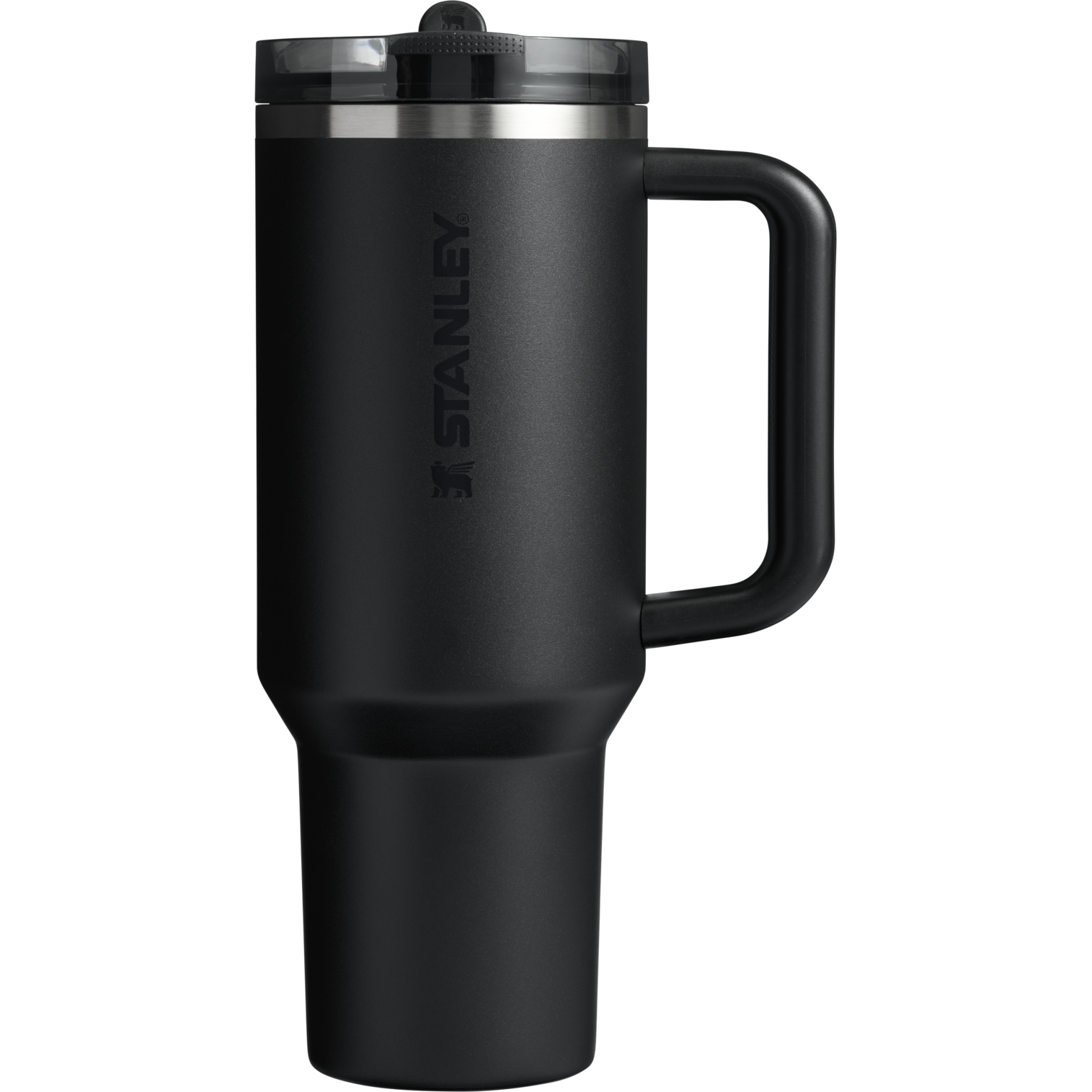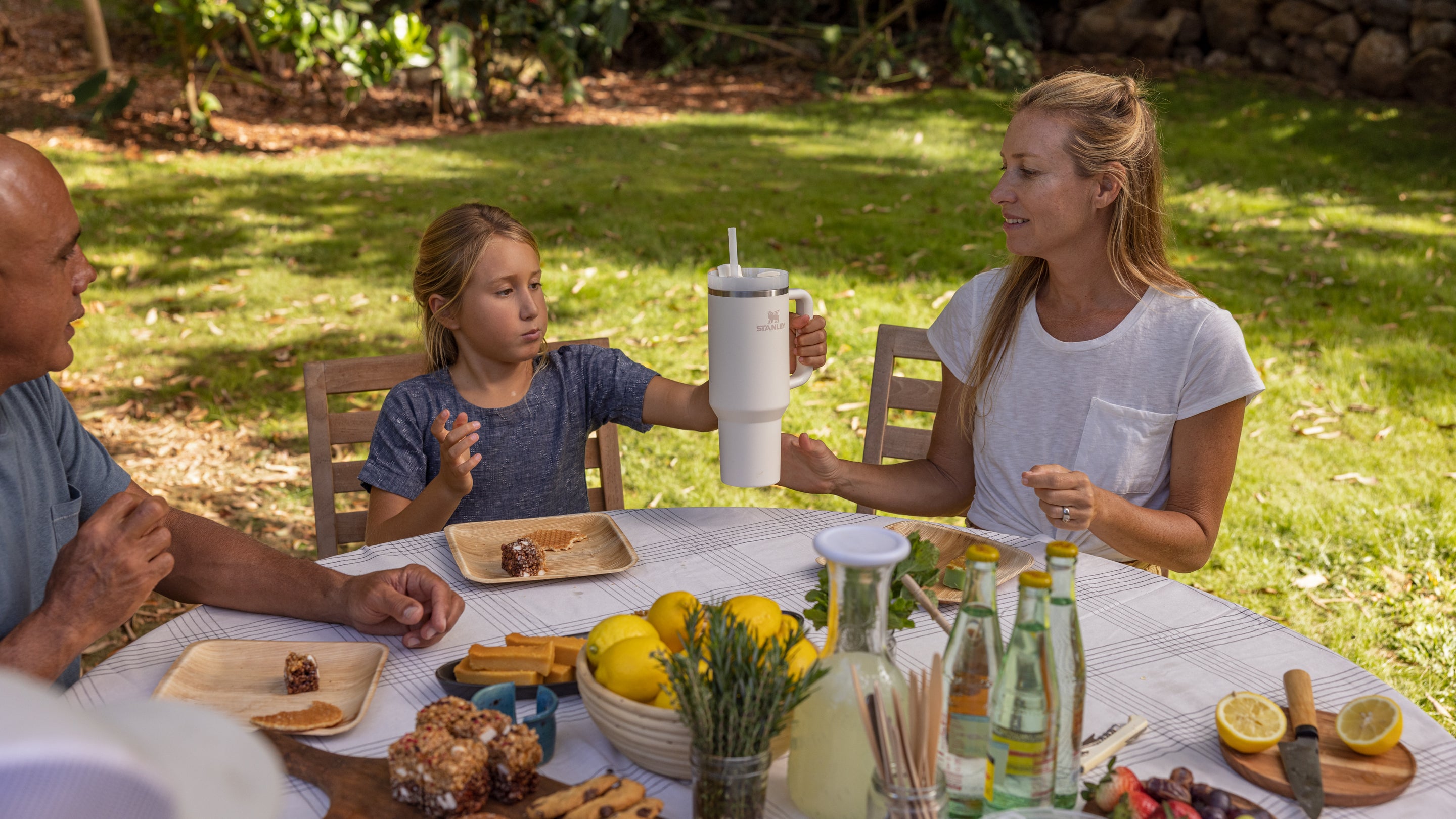Written By: Karla Tafra
Summer is the perfect time to travel and take a vacation. With so many incredible destinations out there, it’s almost impossible not to imagine yourself lying on a sandy beach, overlooking the blue, crystal waters. Still, when the weather is hot and the sun is earning you a tan, it’s important to know how to stay hydrated when traveling. Here’s what you need to know.
Importance of Staying Hydrated While Traveling
Staying hydrated while traveling is crucial for maintaining good health and overall well-being. Whether you're traveling by plane, car, or any other means, the following are some reasons why staying hydrated is important:
-
-
Preventing Dehydration: Dehydration occurs when your body loses more fluids than it takes in, leading to an imbalance that can have detrimental effects. Traveling often involves exposure to different climates, increased physical activity, and potentially long periods without access to water.
-
Promoting Physical Comfort: Proper hydration helps keep your body functioning optimally. It ensures that your joints are lubricated, your muscles can work efficiently, and your body temperature is regulated. When traveling, especially during long journeys, maintaining physical comfort becomes essential, and staying hydrated can contribute to achieving that.
-
Boosting Immune Function: Traveling exposes you to various germs and pathogens, including those in crowded places, public transportation, and new environments. Drinking an adequate amount of water helps support a strong immune system. It aids in the production of lymph, which carries white blood cells and other immune components throughout your body, enabling your immune system to function effectively and protect against illnesses.
-
Alleviating Jet Lag: Jet lag can affect travelers crossing multiple time zones, causing symptoms such as fatigue, headaches, and disorientation. Staying hydrated can help alleviate these symptoms by supporting your body's natural processes, such as digestion, circulation, and hormone regulation.
-
Supporting Digestion: Traveling often involves changes in diet and meal timings. Adequate hydration is essential for maintaining proper digestion and preventing issues like constipation or indigestion. Water helps break down food, aids in the absorption of nutrients, and facilitates the elimination of waste from the body.
-
Enhancing Mental Clarity: Dehydration can impair cognitive function, leading to difficulty concentrating, decreased alertness, and even mood changes. When you're traveling, especially if it involves important activities or business matters, staying mentally sharp is crucial.
-
Remember to drink water regularly, even if you don't feel thirsty, as thirst is not always an accurate indicator of hydration status. It's also a good idea to carry a reusable water bottle with you while traveling to ensure easy access to water throughout your journey.
Impact of Travel on Hydration
Travel can easily get you dehydrated, especially when you’re anxiously running around to make sure to get to your bus, train, or plane booking on time. Not to mention how dehydrated you get when you’re flying long-distance.
When traveling to hot climates or during the summer season, your body tends to lose more fluids through sweating to cool down. High temperatures and humidity can lead to excessive sweating, increasing the risk of dehydration if fluid losses are not replenished adequately. Additionally, air conditioning in vehicles, airplanes, or hotels can contribute to dehydration by drying out the air and accelerating moisture evaporation from your skin.
Additionally, traveling to high-altitude destinations, such as mountains or high-elevation areas, can impact your hydration needs. At higher altitudes, the air is often drier, and you may experience increased respiratory and urine water losses. Even more so, altitude sickness, characterized by symptoms like headache, nausea, and fatigue, can further contribute to dehydration. It's crucial to drink plenty of fluids, including water, and avoid excessive alcohol or caffeine consumption, as they can exacerbate dehydration at high altitudes.
Tips for Staying Hydrated During Summer Travel
-
-
Carry a reusable water bottle: Probably the simplest way to prevent dehydration is to carry a reusable water bottle with you at all times. Fill it up in the morning before heading out and keep refilling it throughout the day. Choose a good-quality water bottle that can keep your liquid cold for an extended period of time.
-
Set reminders to drink water, especially when exposed to heat and sun: It’s often easy to forget to drink water throughout the day, especially when you’re on vacation. If you know you’re guilty of this, set reminders on your phone to take a sip every 20–30 minutes. That way, you’ll have to stop frolicking in the sun for a moment to stay on top of your hydration game.
-
Include hydrating summer foods in your diet: In addition to drinking water, prepare some refreshing, hydrating summer foods in an airtight container and take them on the go. Cut up some fresh fruit and veggies like berries, watermelon, peaches, and cucumbers, and place them in your container so you can snack on them no matter where you find yourself.
-
Avoid dehydrating habits like excessive caffeine and alcohol consumption: Caffeine and alcohol tend to increase your need for hydration, so do your best to avoid or at least minimize your consumption during your summer travel.
-
Stay mindful of your surroundings: Adjust your fluid intake based on the environment. Airplanes and AC tend to dry out the air, so keep in mind that your hydration needs might increase if you’re exposed to this type of travel.
-
Avoid prolonged exposure to heat and direct sunlight: Traveling can often be hectic and full of delays, which may leave you stranded in places with prolonged heat and sun exposure. Try to find shade wherever it’s possible, use high-quality SPF, and hydrate, hydrate, hydrate!
-
Increase water intake during physical activities, especially outdoors: If you’re an active individual, you already know that physical activity increases your hydration needs. When paired with heat and sunny weather, those needs increase even more. Keep refilling your water bottle pre-, during, and post-workout!
-
Utilize water fountains and hydration stations: Carrying a reusable water bottle with you is one thing, but knowing where and how to refill it when traveling is a whole other level. You can always buy a bottle of water and transfer it to your personal one, but look for water fountains and hydration stations. Most airports and train stations have one, as well as shopping centers and hotels.
-
Take advantage of restaurants and cafes: Additionally, ask to get your water refilled in restaurants and cafes. Many will gladly do so!
-
Final Thoughts
Traveling is amazing, but it can often be very hectic and cause dehydration. Keep these tips handy for your next summer adventure and stay on track with your hydration goals!
ABOUT KARLA TAFRA
Karla Tafra, a Croatian content creator, yoga teacher, nutritionist, writer, and brand consultant, has been residing in the US for 7+ years. She has collaborated with various brands such as Nike, Gymshark, Adidas, Lululemon, Gaiam, Bodybuilding.com, Sakara Life, and W Hotels worldwide. Additionally, she served as the official off-season yoga teacher for the Seahawks and conducted health and wellness seminars in Facebook, Google, and Pinterest. Despite having a master's degree in law, her true passion lies in working with health and wellness brands that strive to enhance people's lives. She lives with her toddler in Bellevue, WA.
Back to HOW-TO GUIDES




